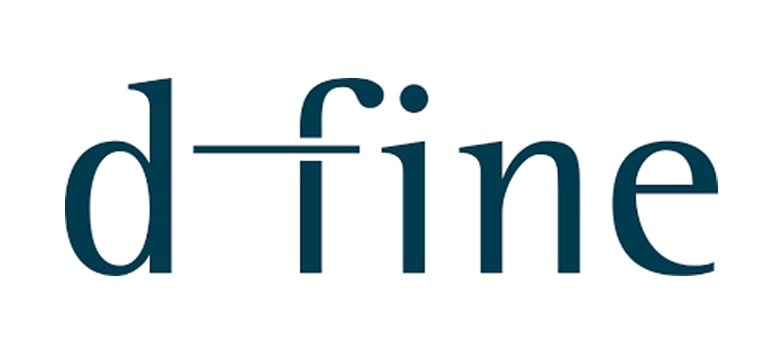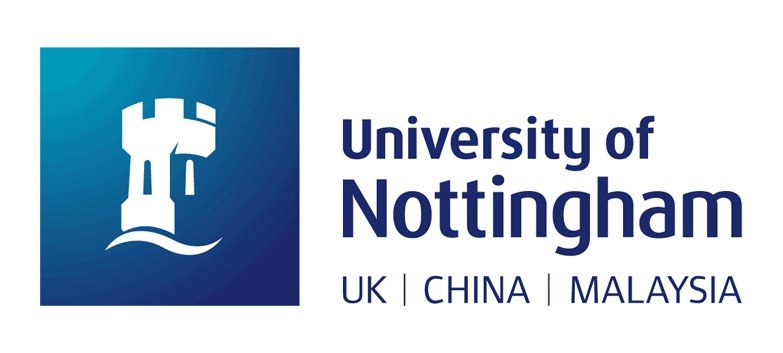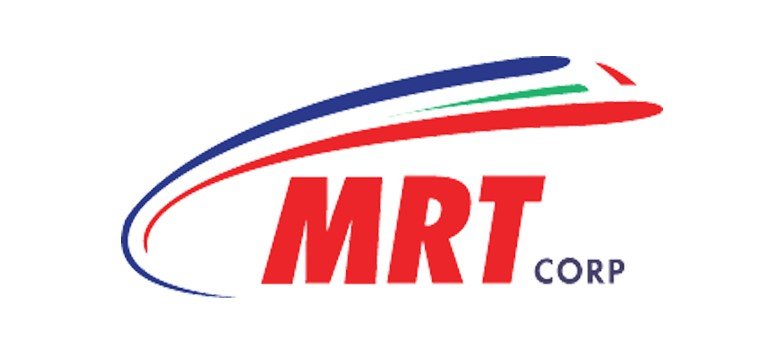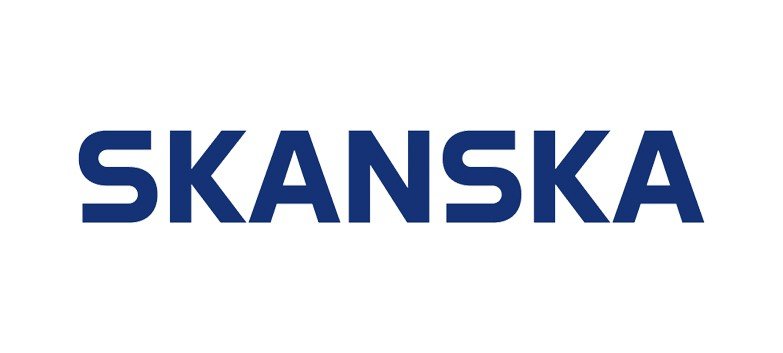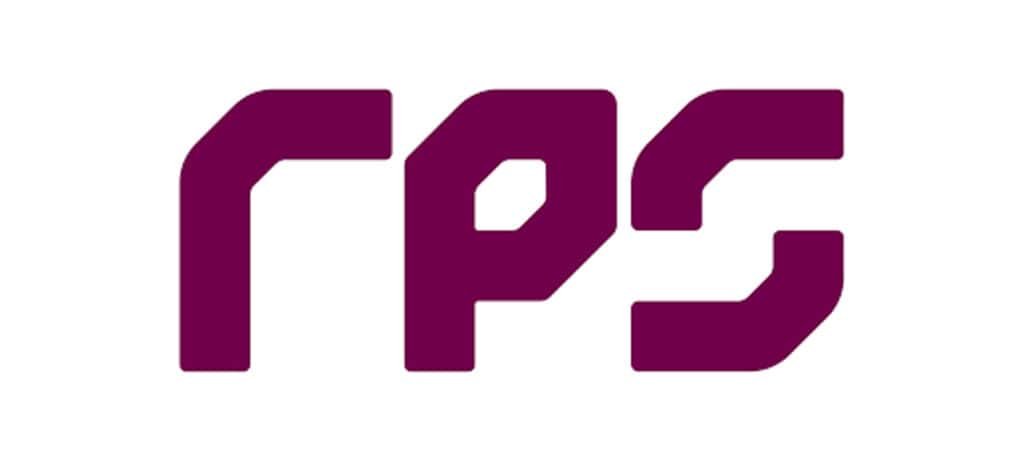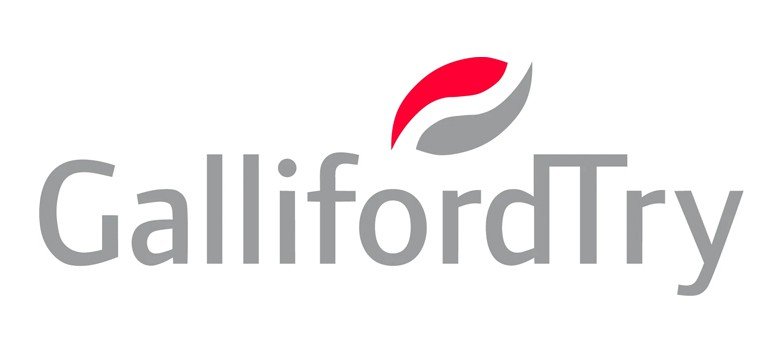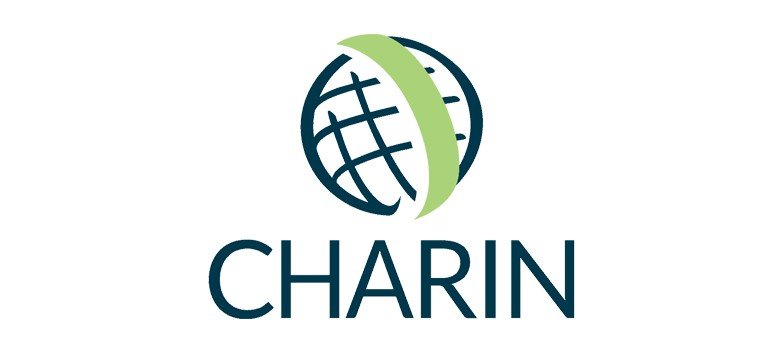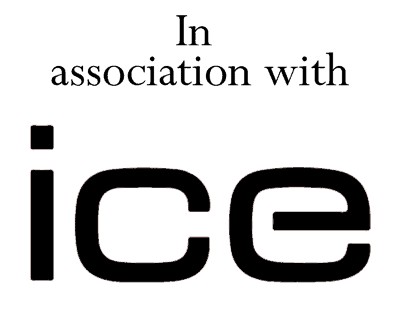CharIN was founded in 2015 as a non-profit organisation designed to boost the adoption of the Combined Charging System (CCS) standard for electric vehicles. Membership of the organisation is open to companies across the world with an interest in electric vehicle charging, including car makers, power utilities and charging equipment manufacturers. A special task force has extended its scope to commercial vehicles, setting requirements and standards for the development of the Megawatt Charging System (MCS), which could ultimately be used to charge other heavy-duty vehicles like e-ferries, ships and planes.
This global organisation currently has more than 330 members, including leading companies representing every link to the e-mobility value chain, as well as multiple experts who have been working as a team to drive the requirements for charging all kinds of electric vehicles. It was founded on the principle that uniformity and accessibility of approach and equipment will be essential to ensure the success of e-mobility. Mandatory and standardised equipment will enhance reliability and allow seamless charging on all types of vehicles in every country across the world. The CharIN label serves as a quality indicator that assists charging operators and local governments in making informed decisions to ensure seamless, interoperable charging experiences. This will help to accelerate the market roll-out and adoption of electric vehicles.

CharIN organises international interoperability charging test events to ensure compatibility between vehicles and charging stations. And, under the CharIN umbrella, cross-industry stakeholders such as car makers, charging station manufacturers, component suppliers, energy providers, grid operators and many others can work together to make the user experience as reliable, easy and smooth as possible. This offers hugely positive potential consequences for the smart city concept.
“The CharIN label serves as a quality indicator that assists charging operators and local governments in making informed decisions to ensure seamless, interoperable charging experiences”
CharIN’s goal is to define requirements for the evolution of CCS-related standards and for the certification of CCS-based products, so charging your vehicle becomes as easy as charging your phone. This will be enhanced by Plug & Charge, which allows automated communication and billing processes between the electric vehicle and the charging station without any need for external identification. The Plug & Charge Europe project is designed to meet European standards, with CharIN, as a neutral and international authority, acting as operator and provider of required services.
To address global challenges like CO2 reduction and energy conservation, the automobile industry has been accelerating the development and commercialisation of electric vehicles, and the work undertaken by CharIN and its constituent members will hasten the progression towards truly smart, sustainable cities. But climate-friendly mobility is not limited to passenger cars; most goods are transported by trucks, ships or planes. Due to the size and weight of these transport options, user-friendly and fast ‘High Power Charging is essential’ to increase the growth of e-mobility in this area. To charge large-capacity batteries, charging power and charging current needs to be increased. This essential work will require imagination and collaboration, with CharIN using its expertise to solve problems that arise along the route to e-mobility.

